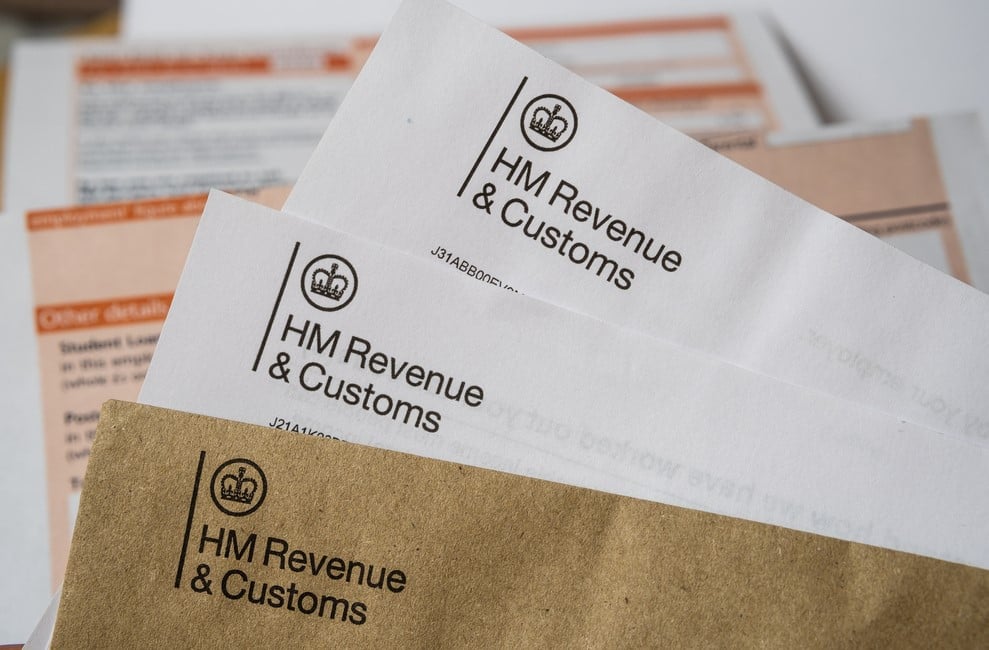HMRC can often transmit ripples of anxiety across anyone’s day. Generally, these letters come in various forms, but one type that could appear in your mailbox is the dubbed “nudge letter.” Designed to remind or urge taxpayers about their fiscal responsibilities, especially pertaining to undeclared income, comprehending your HMRC nudge letter is vital to ensure you’re satisfying your tax obligations efficiently.
What exactly is an HMRC Nudge Letter?
A nudge letter from HMRC is fundamentally a preventive measure rather than an accusing one. These letters are part of HMRC’s strategy to urge taxpayers to willingly rectify any inconsistencies in their tax reports, particularly focusing on foreign income that may not have been fully declared. Unlike formal audit letters, a nudge letter does not imply there is an continuing investigation into your tax affairs. Instead, it functions as a soft prompt that HMRC has data indicating there could be undeclared income.

Why You Got This?
If you’ve discovered one of these notices in your post, it is likely because HMRC has obtained information that potentially conflicts with the information you’ve provided, or indicates there might be other income sources that need to be considered. Typical causes for issuing a nudge letter include differences seen in the information shared by overseas tax authorities or financial institutions regarding overseas income.
Decoding the Message
The key content of a nudge letter generally includes a reminder about the importance of declaring all relevant revenues; a prompt that errors should be fixed; and sometimes, connections to guides on how to go about disclosing undisclosed income. It’s vital to review the information stated about the alleged undisclosed income meticulously and ascertain whether it applies to your circumstance.
Subsequent Steps: What Must You Perform?
Upon receiving a prompt letter, taking proactive measures is essential:
Review your Tax Documents: Double-check your prior returns to ensure all income sources had been declared correctly. Pay special focus to any international earnings.
Consult a Tax Advisor: If there’s any doubt about how to proceed or if amendments are, consulting with a tax professional can provide clearness and guidance.
Reply Promptly: Follow any instructions provided in the letter regarding deadlines for reply. Engaging cooperatively with the HMRC can often prevent additional complications or inquiries.
Rectify Every Errors: If you find oversights or omitted details, adopt quick moves to remedy it. This typically involves lodging adjusted returns and working together fully with HMRC.
Deterrence is Better In lieu of Remedy
To prevent upcoming HMRC nudge letters, sustaining thorough and precise records of every single domestic and foreign income is advisable. Consistently updating tax filings and making sure total transparency can assist evade the pressure associated with such checks from the tax authorities.
Handling financial obligations can sometimes appear overwhelming, particularly if it includes intricacies such as overseas income. However, comprehending why you got an Her Majesty’s Revenue and Customs prompt letter and knowing how to respond efficiently might not only assist in resolving possible issues swiftly but also reinforce your loyalty to diligent financial conformity. Bear in mind, the tax authority employs these letters to aid taxpayers in remaining compliant rather than penalizing them without prior notice.
To get more information about HMRC letter go to see our net page
